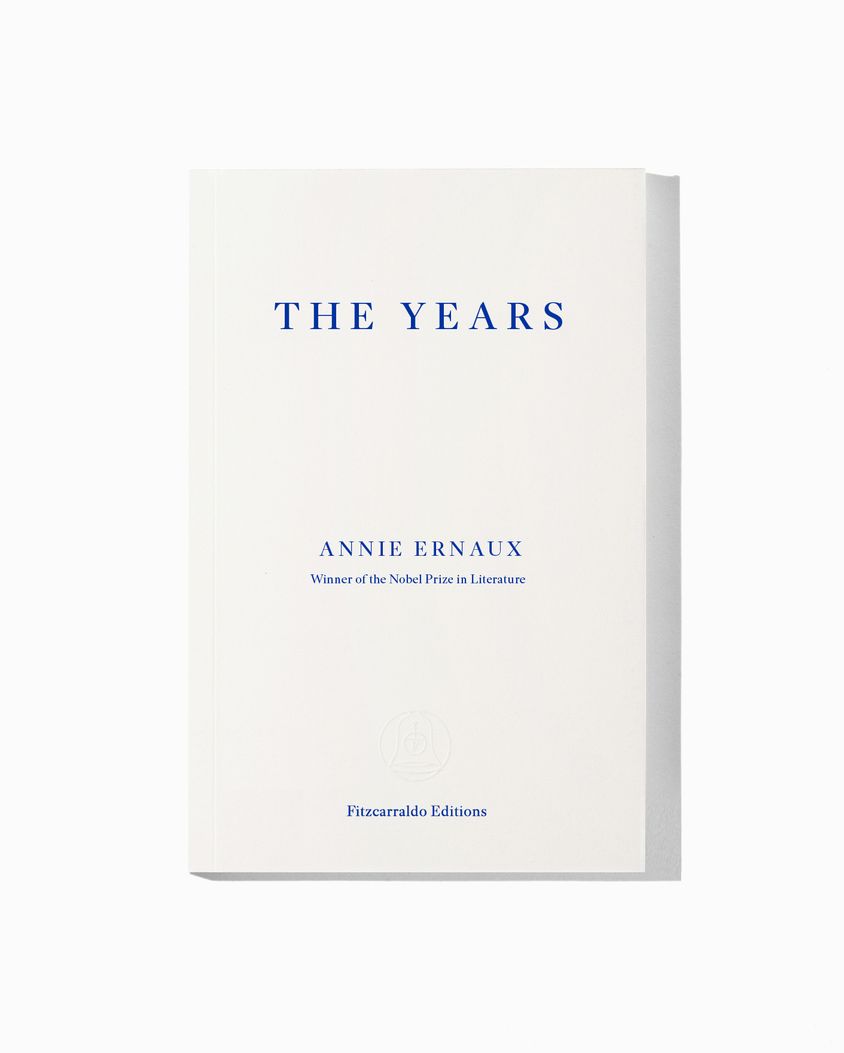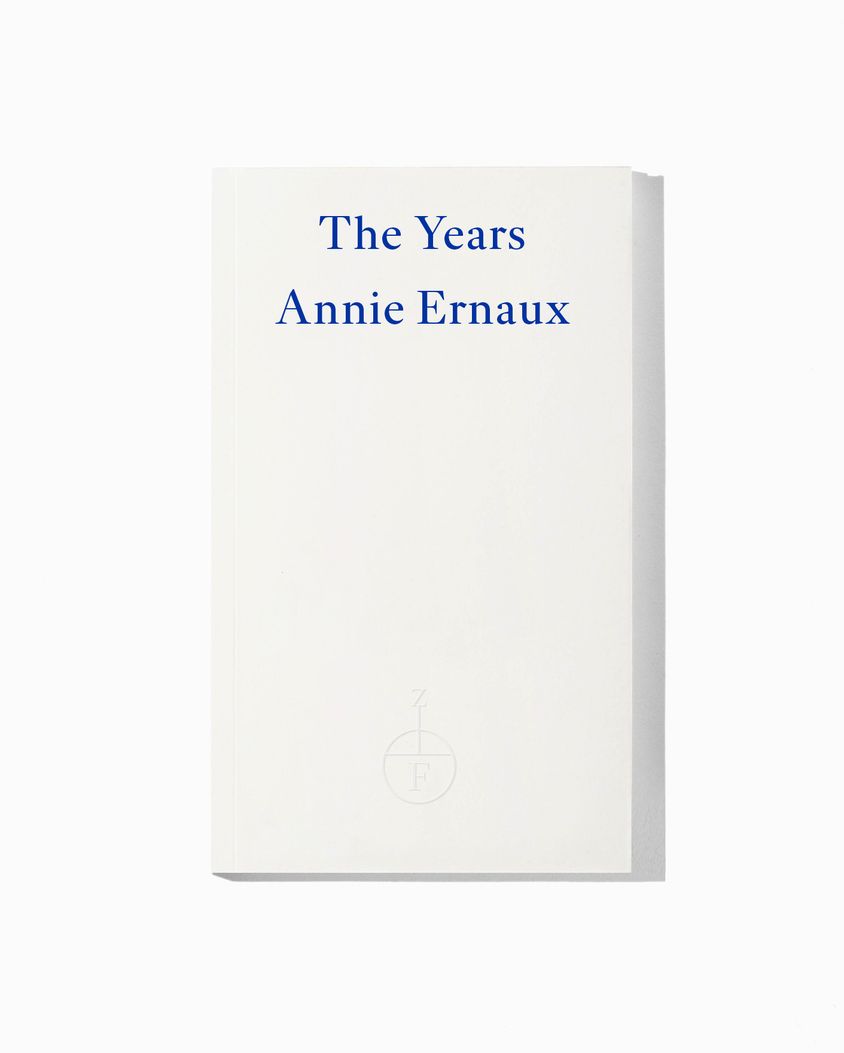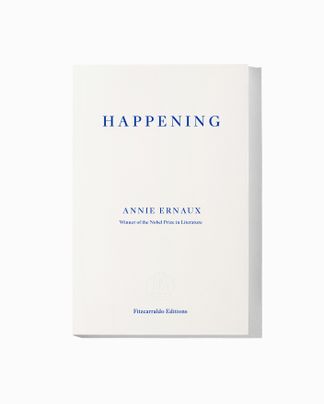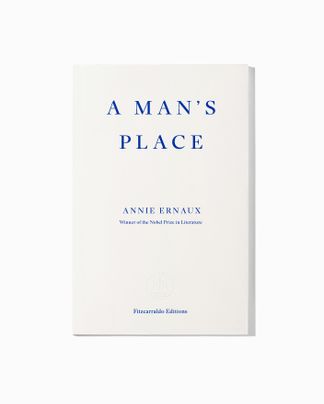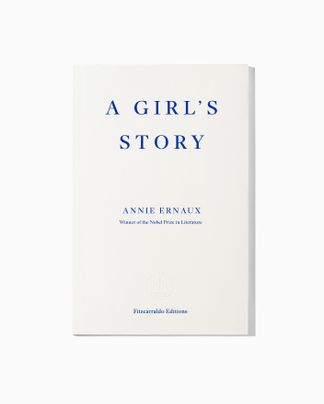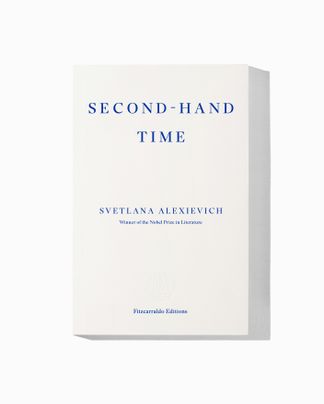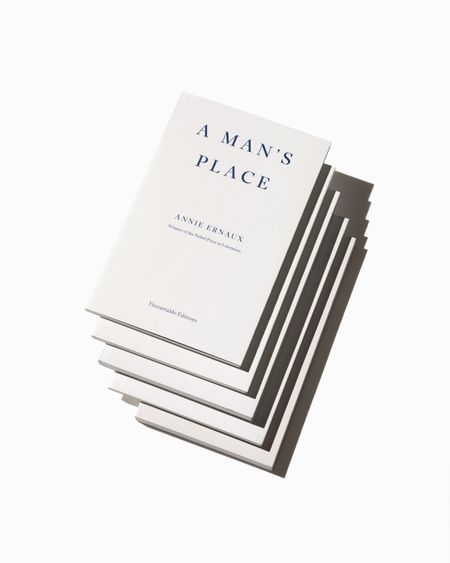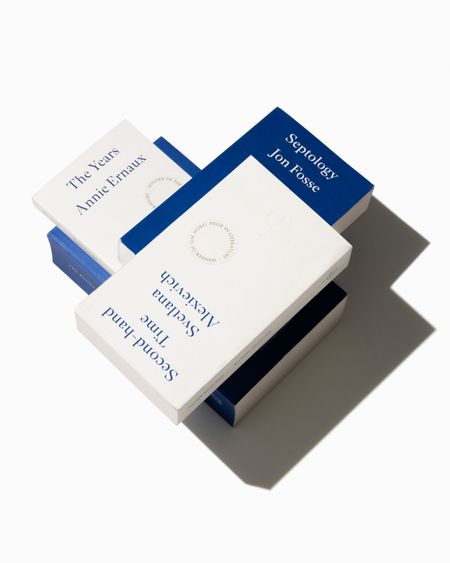Winner of the Nobel Prize in Literature 2022
Considered by many to be the 2022 Nobel Prize in Literature laureate’s defining work, The Years is a narrative of the period 1941 to 2006 told through the lens of memory, impressions past and present, cultural habits, language, photos, books, songs, radio, television, advertising and news headlines. Annie Ernaux invents a form that is subjective and impersonal, private and collective, and a new genre – the collective autobiography – in order to capture the passing of time. At the confluence of autofiction and sociology, The Years is ‘a Remembrance of Things Past for our age of media domination and consumerism’ (New York Times), a monumental account of twentieth-century French history as refracted through the life of one woman.

